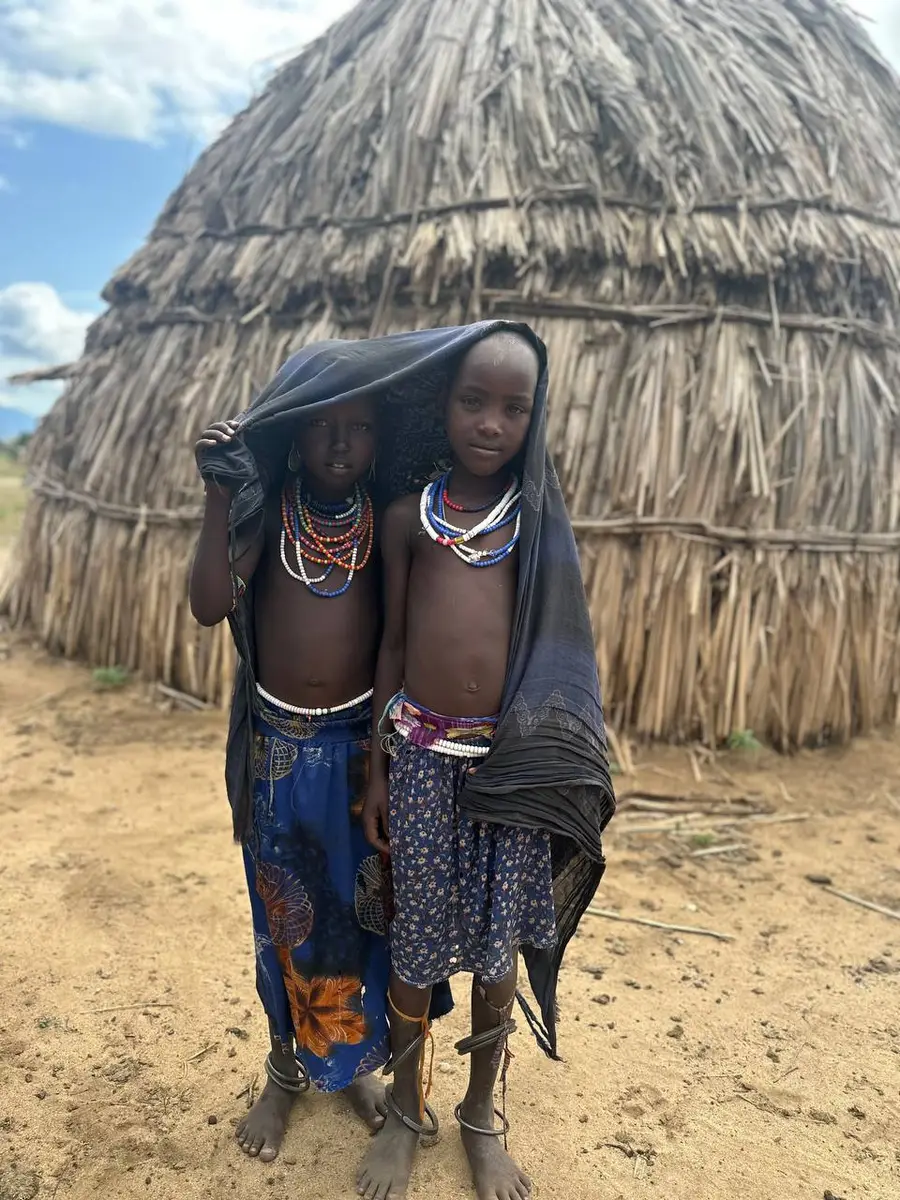
14
Jul
Discovering the Arbore Tribe: A Unique Cultural Experience in Ethiopia's Omo Valley
Introduction
The Omo Valley in Ethiopia is a
treasure trove of cultural diversity, home to several indigenous tribes, each
with its unique traditions and lifestyles. Among these, the Arbore tribe of
Ethiopia stands out for its rich cultural heritage and distinctive way of
life. If you're planning a trip to Ethiopia, a visit to the Arbore tribe
is an essential part of understanding the region's cultural mosaic.
Who are the Arbore People?
The Arbore
tribe, numbering around 6,000
individuals, resides in the southern part of the Omo
Valley. Known for their striking
traditional attire and body decorations, the Arbore
people have a deep connection to
their ancestral lands and maintain a lifestyle that has been largely unchanged
for centuries.
Cultural Practices and Traditions
Traditional Attire: The Arbore people are easily recognizable by their colorful clothing and
elaborate beadwork. Women typically wear black cloths, adorned with vibrant
beads and cowrie shells, which signify their social status and beauty.
Music and Dance: Music
plays a central role in Arbore culture. Their traditional dances, accompanied by
rhythmic drumming and singing, are performed during ceremonies and festivals.
These dances are not only a form of entertainment but also a way to preserve
their cultural heritage.
Social Structure: The
Arbore societyis structured around clan systems, with elders holding
significant authority. Decisions regarding community matters are made
collectively, emphasizing the importance of unity and cooperation.
Agriculture and
Livelihood: The Arbore peopleare primarily agro-pastoralists, combining
livestock rearing with crop cultivation. Their diet mainly consists of sorghum,
maize, and dairy products. Despite the challenges posed by climate change and
modernization, they have managed to sustain their traditional farming
practices.
Visiting the Arbore Tribe
Market Days: One
of the best times to visit the Arbore tribeis during their market days. These markets are
vibrant hubs of activity where the Arbore peopletrade goods, socialize, and celebrate their
culture. The markets are typically held weekly and are an excellent opportunity
to witness the tribe's customs and traditions firsthand.
Cultural Sensitivity: When
visiting the Arbore tribe, it's important to approach with respect and
sensitivity. Always seek permission before taking photographs and be mindful of
their customs and way of life. Hiring a local guide can enhance your experience
and ensure respectful interactions.
Accommodation and
Tours: Several tour operators, like Jebena
Tours Ethiopia, offer tailored
itineraries that include visits to the Arbore
tribe. These tours provide
valuable insights into the tribe's culture and ensure a comfortable and
enriching experience.
The Arbore Tribe's Challenges and Future
The Arbore
tribe, like many indigenous communities, faces challenges such as
land encroachment, climate change, and the impacts of globalization. Efforts
are being made by both the government and non-governmental organizations to
support the tribe in preserving their cultural heritage and improving their
livelihoods.
Conclusion
Exploring the Arbore tribeoffers
a unique glimpse into one of Ethiopia's most fascinating cultures. Their
resilience and dedication to preserving their heritage in the face of modern
challenges are truly inspiring. For travelers seeking an authentic cultural
experience, the Arbore tribe of the Omo Valleyis a must-visit destination.
Share Now



Comments